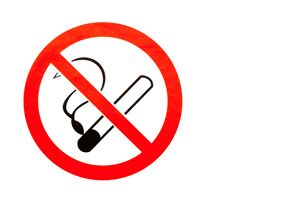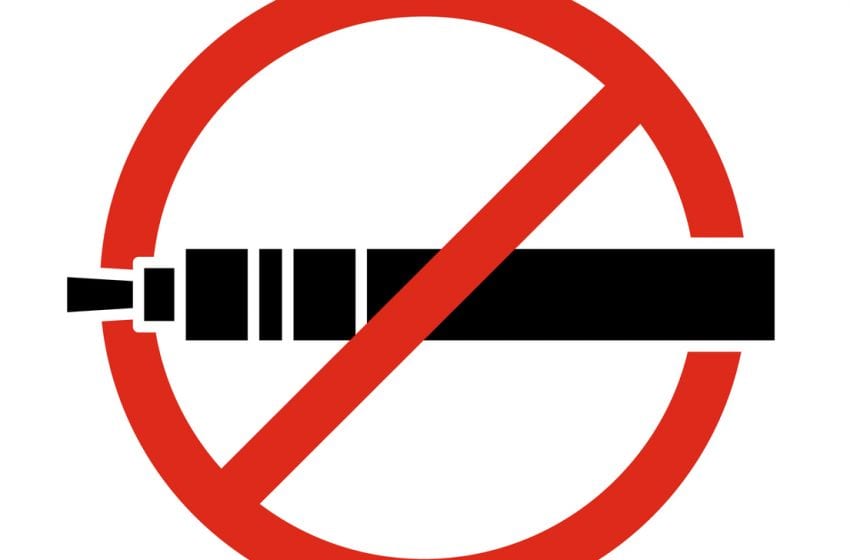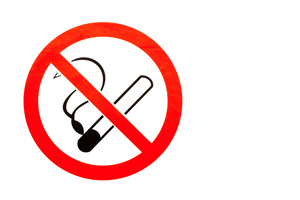The Swedish government has chosen not to provide written observations to the European Court of Justice (ECJ) in relation to a case being brought to overturn the EU ban on the sale of snus outside Sweden, according to a press note issued on Monday jointly by the International Network of Nicotine Consumer Organisations (INNCO) and the NNA Sweden.
The case (Case C-151/17) is being brought by Swedish Match, and the NNA UK has joined as an intervener, based on arguments related to consumers’ human rights and the right to health.
‘All EU member states were asked by the ECJ to submit opinions on a legal challenge by July 7 as part of the court process,’ the note said.
‘In June 2017, … INNCO received reliable information that the Swedish government were planning to submit an opinion to the ECJ identical to their previous EU statements on the health risks and impacts of snus use.
‘Based on Sweden’s historical position this was likely to contain scientifically incorrect information, bias and out-dated references, which would have severely impacted on the judicial process of the court.
‘INNCO and one of their member organisations – New Nicotine Alliance Sweden – launched a joint initiative aimed at averting such misinformation on snus being sent to the ECJ by Sweden, believing their previous oblique submission to the ECJ to be in part responsible for the ban being upheld by the court in 2004.
‘Seventeen INNCO international member organisations wrote individual letters to the Swedish government, outlining their objections and concern were Sweden to choose, yet again, to submit an incomplete and misleading opinion on snus to the ECJ.’
The note said that snus had a 200-year history of use in Sweden without any verifiable evidence of serious adverse health effects. It remained the most widely-used and successful method of assisting smoking cessation.
Sweden now had the lowest smoking rate in Europe. Swedish government data had shown that the proportion of smokers among men aged between 30 and 44 fell to five percent in 2016.
‘Overall, just eight percent of Swedish men now smoke on a daily basis – itself a record-low percentage – compared with a European Union average of just over 25 percent,’ the note said.
‘There is broad academic consensus that Sweden’s success is directly attributable to the broad migration from traditional cigarettes to snus.
‘EU-wide adoption of snus may have contributed towards saving over 300,000 lives per year since 1992 according to a report published 2017.
‘The opportunity for tobacco harm reduction is unprecedented.
‘Sweden is the only EU country in which citizens have legal access to Snus (having gained an exemption as part of their entry to the EU in 1995). Consequently, it is the only country in the world with access to reliable historical data and observations on long term snus use.
‘Sweden’s evidence is therefore invaluable to the ECJ and public health regulators currently deprived of qualitative snus data, in the forthcoming re-examination of the current EU snus ban.
‘We believe that INNCO’s global civil society initiative has been instrumental in influencing the Swedish government’s decision to offer no comment.
‘In so doing, they have chosen to place the value of health and respect for human rights above ideology.’
‘The Swedish government might have chosen to replicate their previous incomplete, opaque submission confirming their well-documented intolerance of all nicotine use. Choosing silence over misinformation was a courageous move in the right direction towards acknowledging harm reduction and human rights.’









